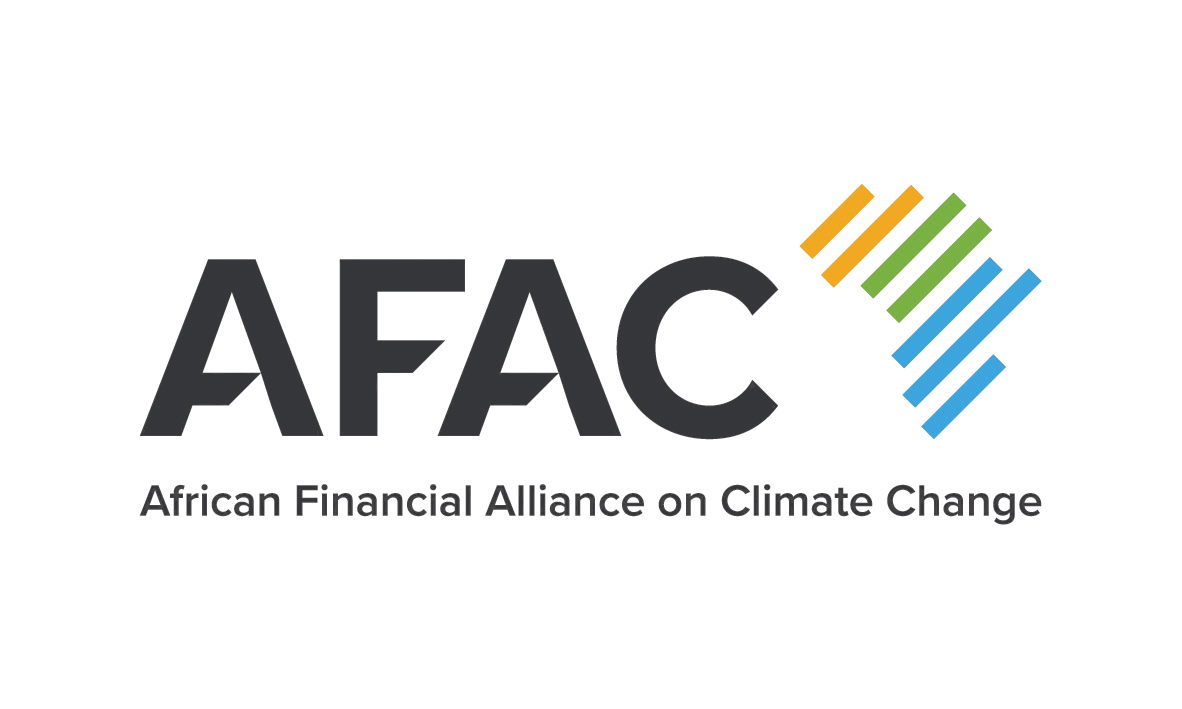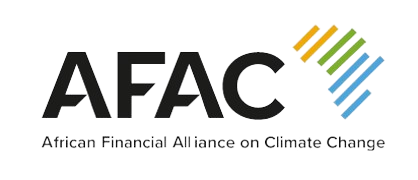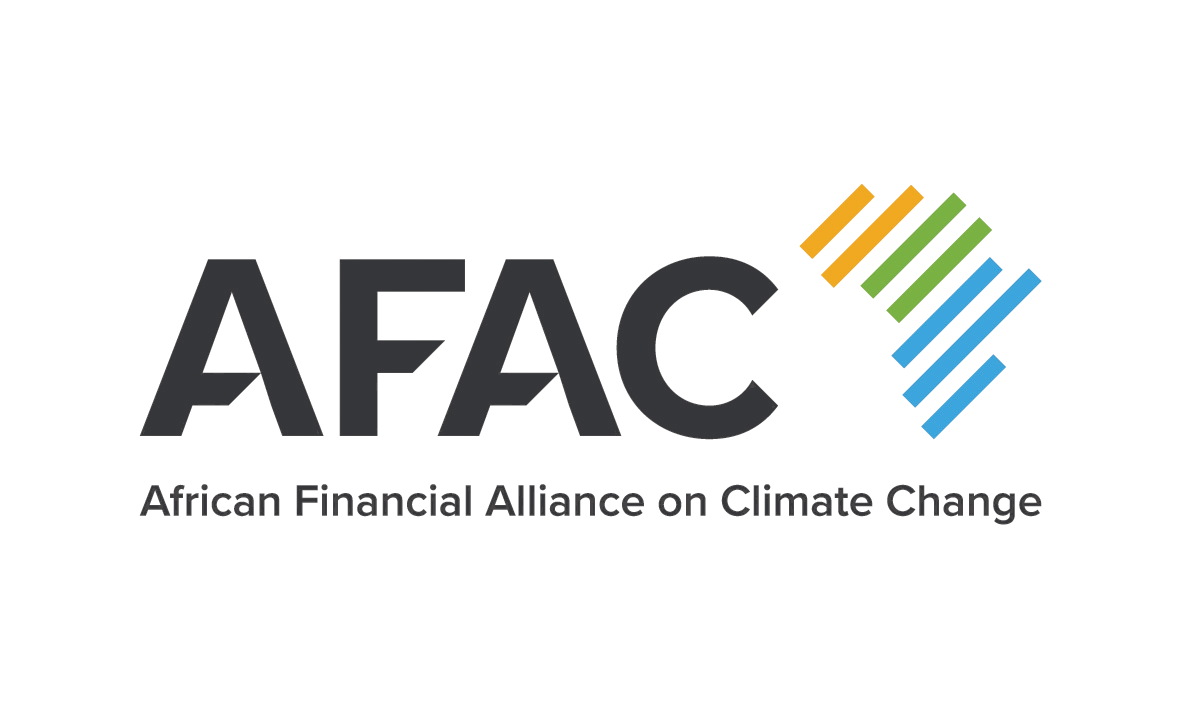
Why does AFAC Exist?
The African Financial Alliance on Climate Change (AFAC) represents the first Pan-African platform to place the financial sector at the forefront of climate action in Africa. The rationale behind establishing a pan-African financial sector platform is to collectively engage financial institutions in Africa in driving a transition toward a low-carbon future. Before the formation of AFAC, efforts to enhance capacity in Africa's financial sector were fragmented and lacked coordination. AFAC aims to collaborate with key African financial institutions, including central banks, insurance companies, sovereign wealth and pension funds, stock exchanges, and commercial and development banks. It aims to mobilize private capital flows towards continent-wide low-carbon and climate-resilient development.

How does AFAC work ?
AFAC operates as a multi-stakeholder alliance, embodying a simple and relatively flat governance structure
that ensures efficient and robust operation. This structure is designed to foster collaboration and inclusivity,
key principles of AFAC's approach. It consists of the following functions:
- Members. The members, which will be organized in industry groups, consist of financial groups from the public and private sectors, financial sector associations, central banks, and financial regulators from the public sector.
- Implementing partners. These are institutions that support AFAC members with implementing the work program. Other partners and observers can be invited to meetings by members, in consultation with the Secretariat, to provide feedback and information and create links to external partners.
- Steering Committee. The committee will undertake strategic planning and major decisions and will aim to meet twice a year. Members and implementing partners form the Steering Committee and are responsible for operational decision-making.
- Secretariat. Secretariat includes all implementing partners and representatives of working groups. The secretariat is responsible for the day to day running of the alliance.
AFAC Vision 2030
AFAC's 2030 vision is that "financial capital and financial products and services are mobilised to support the Paris Agreement objective of making financial flows compatible with a towards low greenhouse gas emissions greenhouse gas emissions and climate climate-resilient development".
Leadership and Awareness
Ensuring that African financial actors and policymakers are aware of climate change risks to their economies.
Access to data
Ensuring that African financial institutions have access to comprehensive and comparable climate-related data.
Climate risk regulation
Enable a policy environment that mainstreams climate-related risk management in financial operations.
Climate risk management
Adequately equipping African financial stakeholders to address climate risks and vulnerabilities in their decision-making.
Green finance
Accelerating the allocation of capital to sustainable development in Africa adequately.





